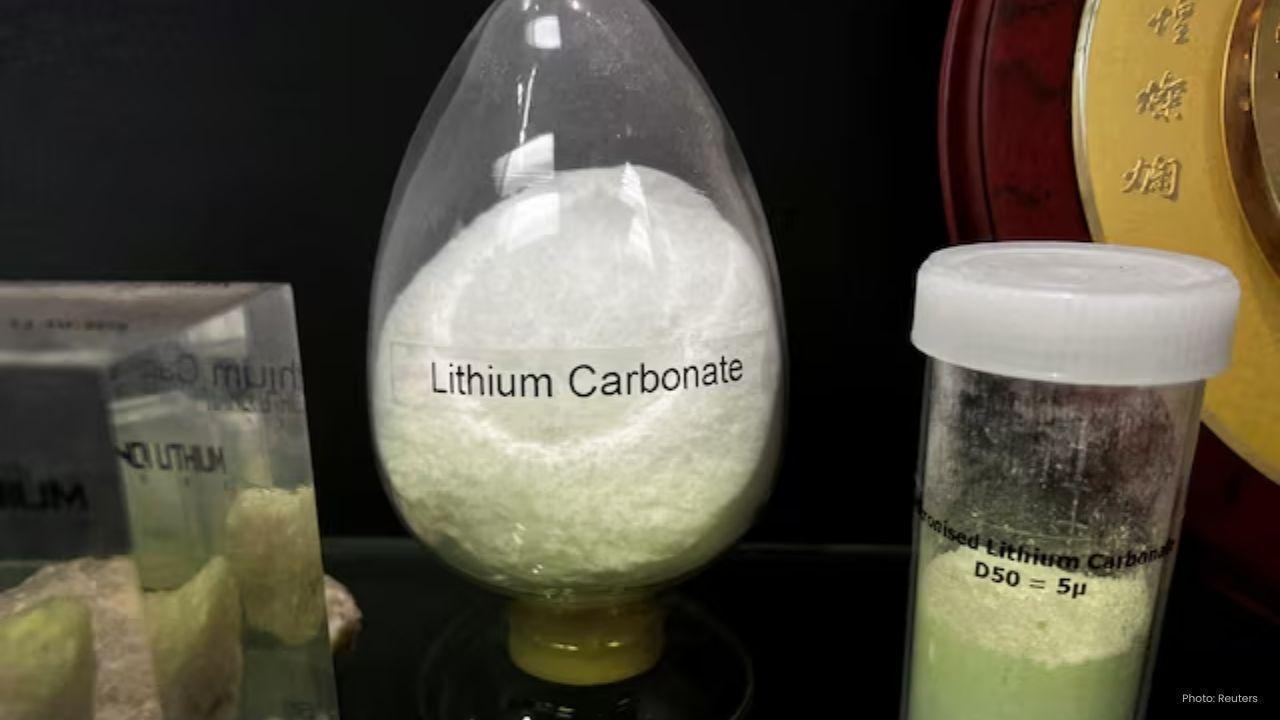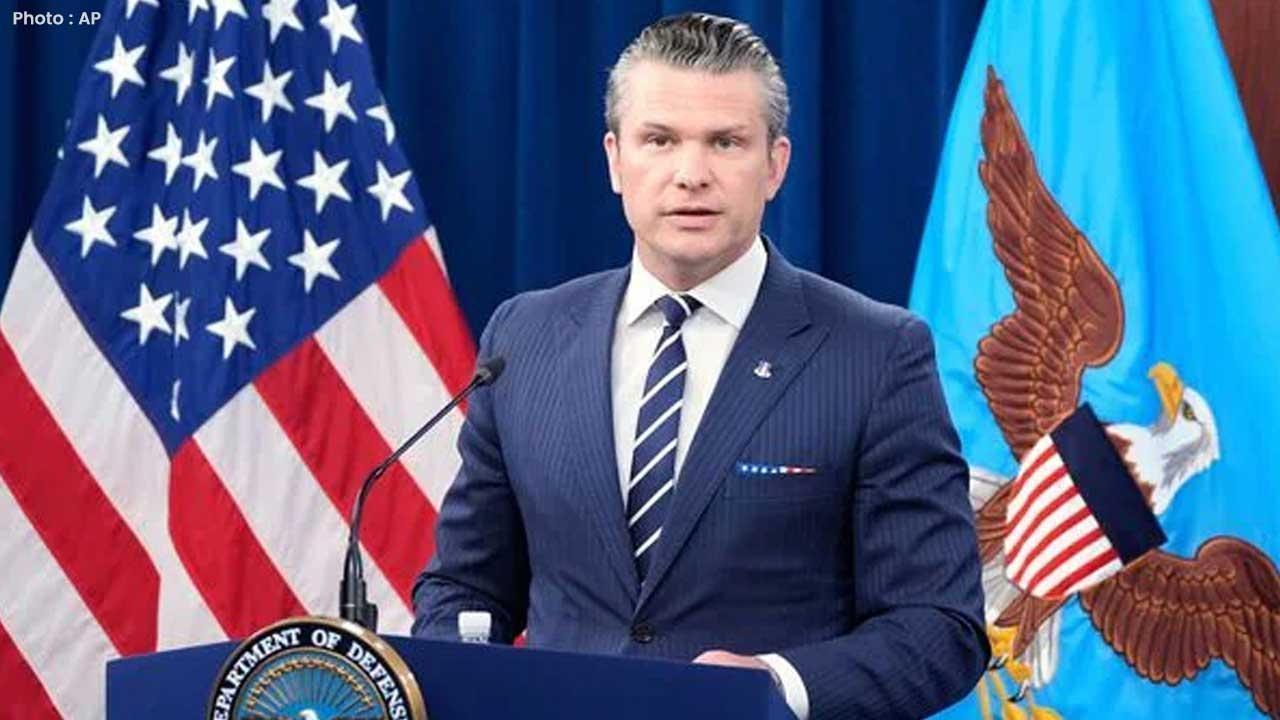
Post by : Vansh
In a time when our planet is facing its greatest environmental challenges, the message is clear: Saving Earth starts now. The planet is warming, oceans are rising, forests are shrinking, and biodiversity is rapidly declining. Yet, despite the overwhelming data, there is still hope. What we need today are bold actions—steps taken by governments, communities, and individuals alike—to build a sustainable tomorrow. This article explores practical solutions, forward-thinking innovations, and the role each of us can play in environment conservation and climate recovery.
Before diving into solutions, it’s important to understand the urgency of the problem. According to the United Nations, we are approaching several irreversible tipping points: the melting of polar ice caps, deforestation of the Amazon, and depletion of coral reefs. These changes don’t just affect the environment—they threaten human health, food security, and global economies. That’s why sustainability is no longer a choice; it’s a necessity.
The scientific consensus is stronger than ever. Climate change, driven by carbon emissions and unsustainable practices, is accelerating. Every degree of warming increases the risk of natural disasters, disease outbreaks, and ecological collapse. But rather than dwell in despair, this is our call to action.
While systemic changes are essential, personal responsibility also plays a huge role. Everyday actions such as recycling, reducing water waste, using energy-efficient appliances, and avoiding single-use plastics can have a significant impact over time.
One of the most impactful things individuals can do is reduce their carbon footprint. That could mean switching to public transport, cycling, or driving electric vehicles. It also includes dietary choices—consuming less meat and more plant-based foods reduces methane emissions and deforestation caused by livestock farming.
Even supporting eco-friendly businesses and investing in green technology can make a difference. The demand for sustainable products encourages companies to adopt better practices, contributing to a broader environmental impact.
Communities play a critical role in accelerating climate action. Local governments, schools, non-profits, and community groups can come together to initiate impactful programs—like tree-planting drives, community composting, or clean-up campaigns.
Urban green spaces, rooftop gardens, and local conservation efforts not only reduce the urban heat effect but also bring people together in a shared mission. Cities like Amsterdam and Vancouver have already transformed urban planning to prioritize cycling, pedestrian areas, and green infrastructure. These examples prove that saving Earth starts with empowered communities.
No environmental article is complete without addressing the responsibility of governments and international bodies. From the Paris Agreement to the United Nations’ Sustainable Development Goals (SDGs), global efforts are underway to limit temperature rise and promote resilience.
Policies that prioritize clean energy, carbon taxation, reforestation, and protection of endangered species are essential. Countries investing in renewable energy—such as solar, wind, and hydropower—are seeing the benefits, both environmentally and economically.
Governments must also incentivize businesses to transition to low-carbon operations and ensure stricter regulations on pollutants. A sustainable tomorrow cannot exist without a legal and financial framework that holds corporations accountable while empowering innovation.
The world is in the middle of a green technology revolution. From biodegradable plastics to solar-powered desalination, modern science is offering hope through innovation. Electric vehicles, carbon capture systems, AI-powered environmental monitoring, and vertical farming are just some of the ways technology is supporting conservation.
Green building designs, using sustainable materials and energy-efficient systems, are reducing environmental footprints. Meanwhile, blockchain and digital traceability are helping track supply chains to ensure ethical and eco-friendly sourcing of products.
Investing in climate-tech startups and research can unlock further breakthroughs—possibly creating new industries while safeguarding the Earth.
The information provided in this article is for general awareness and educational purposes only. While every effort has been made to ensure accuracy and relevance, MiddleEastBulletin does not guarantee the completeness or timeliness of the content. Readers are encouraged to consult environmental experts or official resources for specific advice or actions related to conservation and sustainability.










Pageau's Overtime Goal Propels Islanders to 4-3 Victory Over Golden Knights
In a thrilling overtime finish, Jean-Gabriel Pageau leads the Islanders past the Golden Knights 4-3,

MLB Awards: deGrom and Acuna Jr. Shine as Comeback Players
Jacob deGrom and Ronald Acuna Jr. celebrated MLB Comeback Player Awards, alongside Ohtani and Judge

Portugal Confronts Ireland in Pivotal World Cup Qualifier
Portugal, led by Cristiano Ronaldo, faces Ireland in a vital Group F World Cup qualifier that could

Haaland's Brilliance Leads Norway to 4-1 Victory Against Estonia
Erling Haaland showcases leadership as Norway crushes Estonia 4-1, boosting their World Cup ambition

Hawks Triumph Over Jazz; Suns and Raptors Secure Victories
Hawks' Onyeka Okongwu and Jalen Johnson lead in a thrilling win against Jazz; Suns and Raptors also

Indian Men's Recurve Team Clinches First Asian Gold in Nearly Two Decades
The Indian men's recurve team triumphed over South Korea, securing their first Asian gold in 18 year